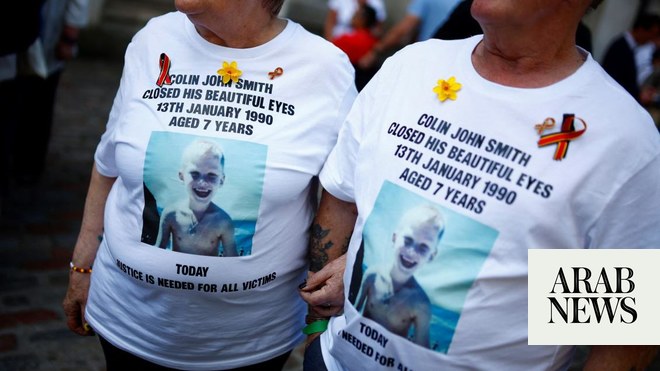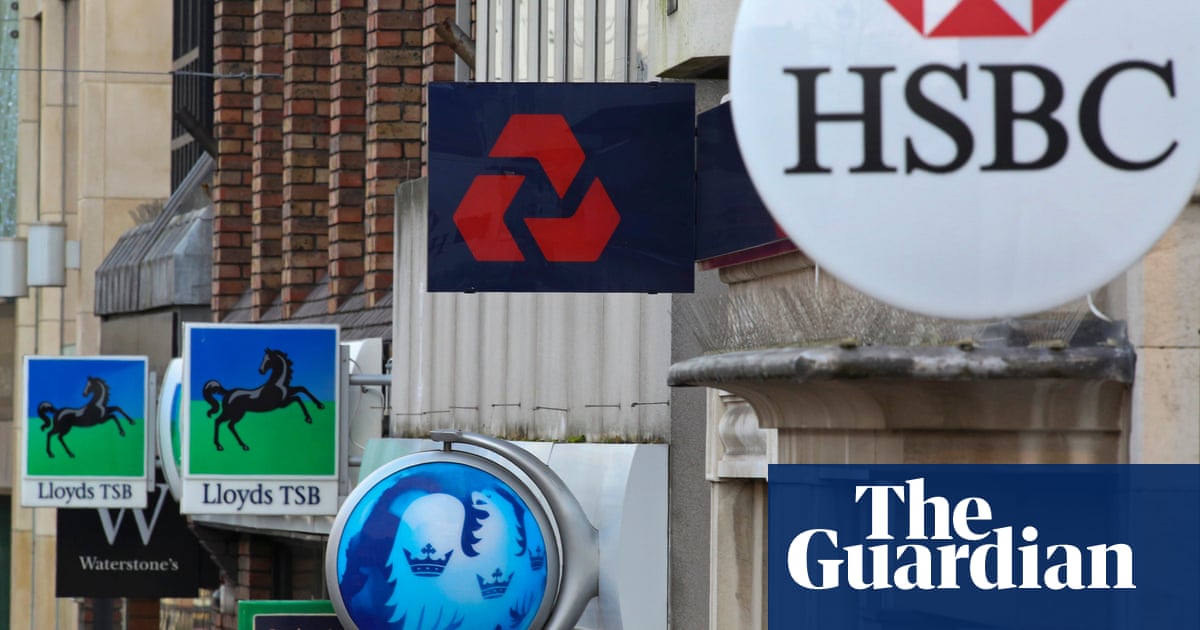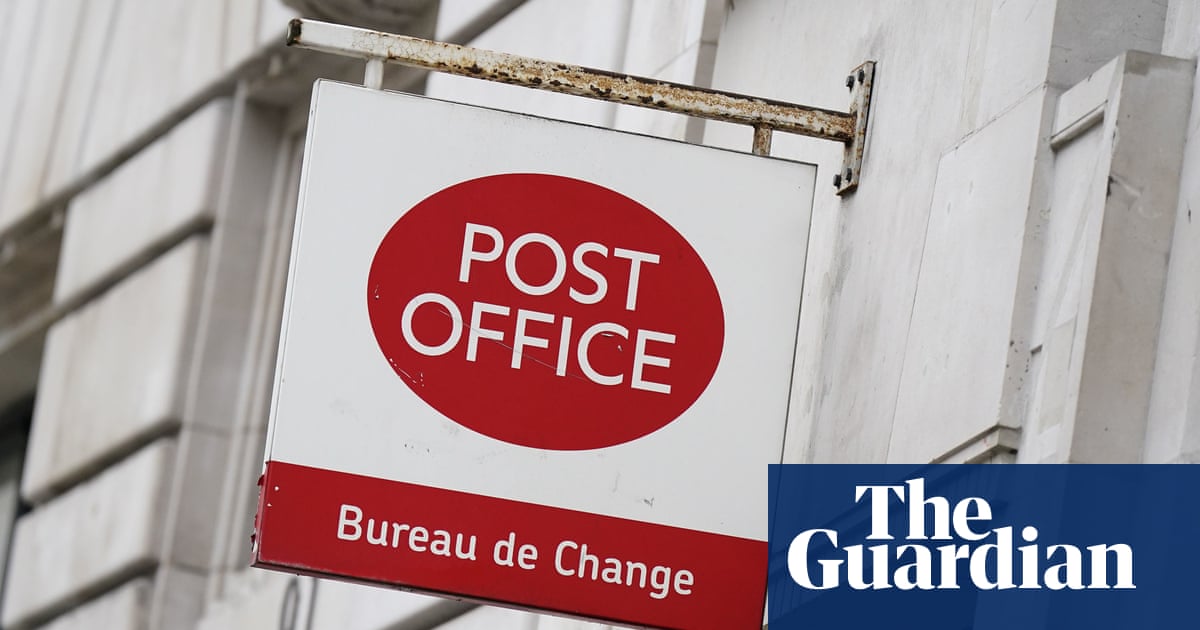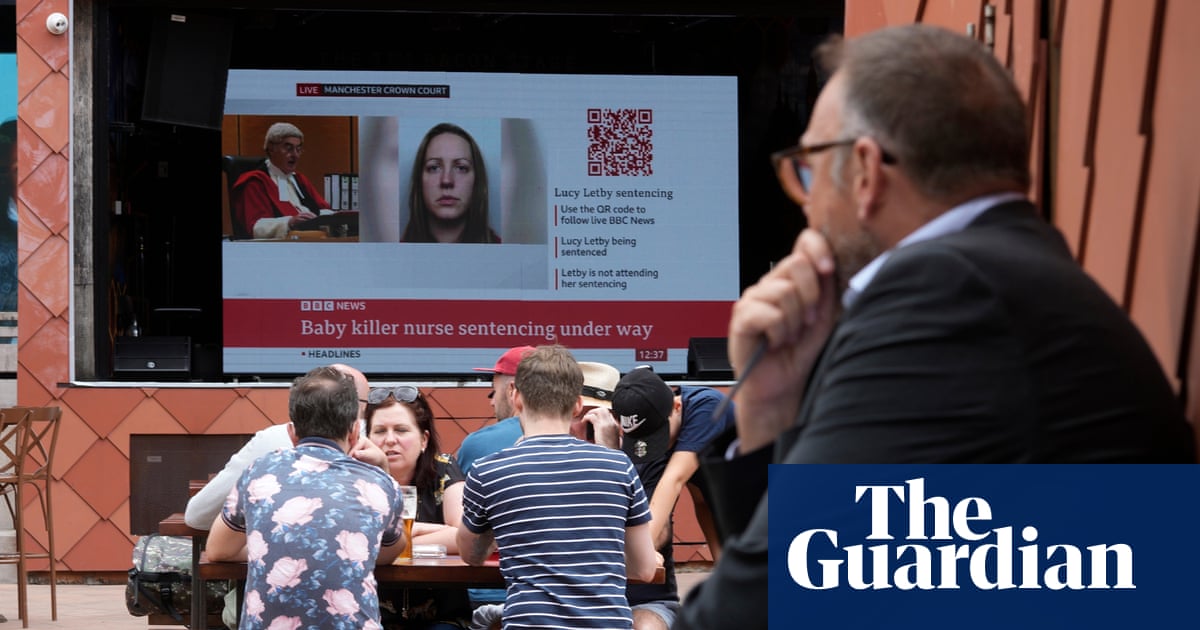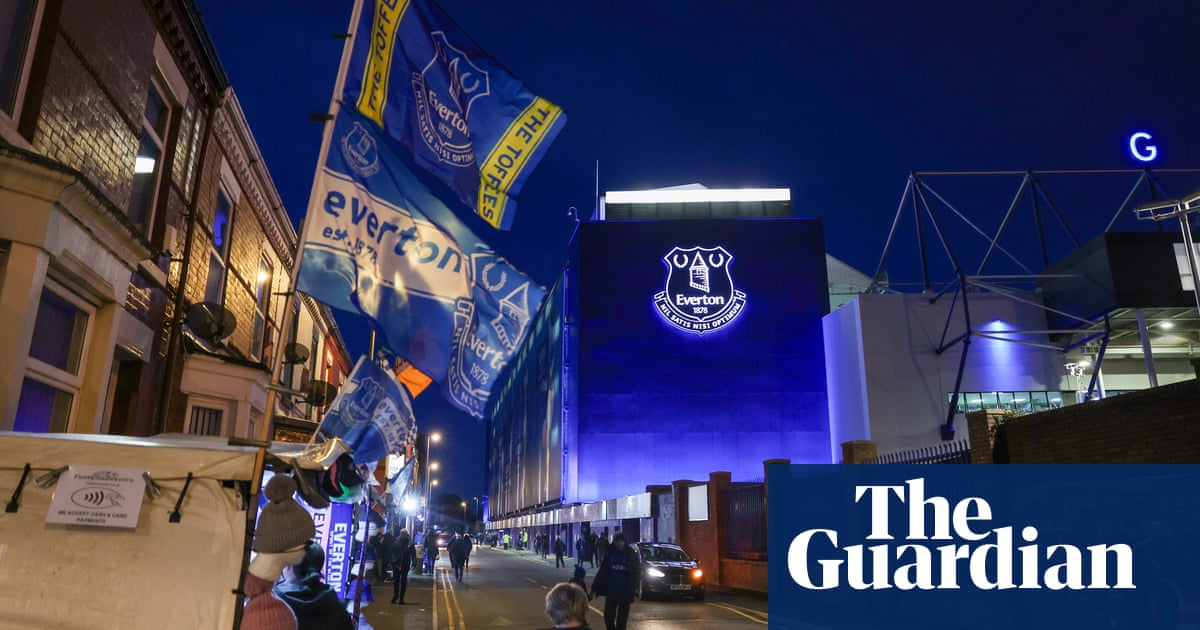
Taxpayers face a £120m bill for compensating thousands of people who lost money in the London Capital & Finance (LC&F) investment scandal after they were “let down” by UK regulators.
About 8,800 people who invested in the defunct firm – some of whom put in their life savings – are due to receive an average of £13,600 each after the government set out details of an official compensation scheme.
The Financial Conduct Authority – which has been heavily criticised over its failure to properly regulate the firm before it went under – will be offering separate ex gratia payments to a “small number” of investors who it acknowledges were given incorrect information by the regulator.
More than 11,600 people had invested a total of £237m – about £20,300 each on average – when LC&F collapsed in January 2019.
The firm’s “mini-bonds” had promised returns to investors of up to 8% a year. But little of the money went into safe interest-bearing investments. Much of it was instead funnelled into speculative property developments, oil exploration off the Faroe Islands, and even a helicopter bought for a company controlled by LC&F.
While LC&F was authorised by the FCA, the mini-bonds it sold were unregulated.
In December 2020 an independent inquiry concluded that the FCA failed to properly supervise and regulate LC&F. The woman who led the inquiry, the former high court judge Dame Elizabeth Gloster, later sparked a row when she raised the question of whether action should be taken against certain individuals she decided to name in her report, including Andrew Bailey, the governor of the Bank of England, who was chief executive of the FCA from July 2016 to March 2020.
The LC&F scandal has proved to be costly: the UK’s Financial Services Compensation Scheme (FSCS), the official rescue fund for customers of failed firms, has already paid out more than £57m to about 2,800 of the firm’s investors, though its scope is limited.
The government said that “due to the unique and exceptional nature of the situation”, it had now decided to set up a compensation scheme specifically for LC&F investors. This will pay out 80% of a bondholder’s initial investment, up to a maximum of £68,000, though if they were paid interest by LC&F or have received money from the company’s administrators, that will be deducted from the compensation.
This scheme will be open to all investors who have not already received a payout from the FSCS, and represents 80% of what they could have received had they been eligible for FSCS protection, which is capped at £85,000.
The government said it expected to pay out about £120m in compensation to around 8,800 people – this sum is in addition to the money paid out by the FSCS – and to have paid everyone within six months of securing the necessary legislation, which it would bring forward “as soon as parliamentary time allows”.
John Glen, the economic secretary to the Treasury, said: “This has been a very difficult time for LC&F bondholders, many of whom are elderly and have lost their hard-earned savings. Bondholders have been badly let down by LC&F, but they have also been let down by the regulatory system that is designed to protect them.”
Separately, the FCA confirmed that it had identified investors who had contacted the regulator about LC&F and had been given “incorrect information”, which may have led them to conclude that their investment “would be safer than it was”.
The FCA said it intended to offer ex gratia payments to the small number of investors who fell into this category and who had not already been compensated by the FSCS. The regulator added that, together with the Serious Fraud Office, it was continuing to investigate the matter.




